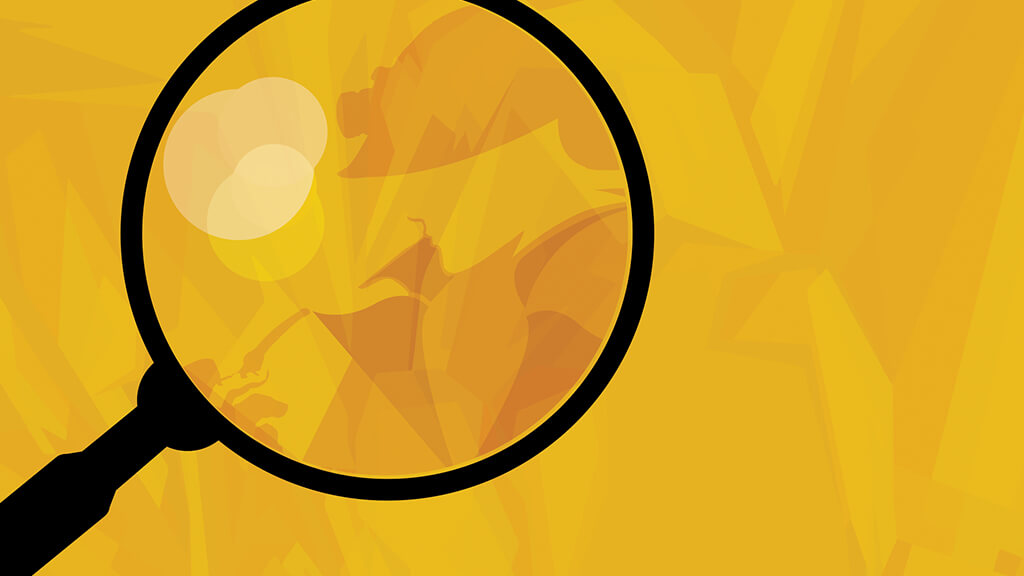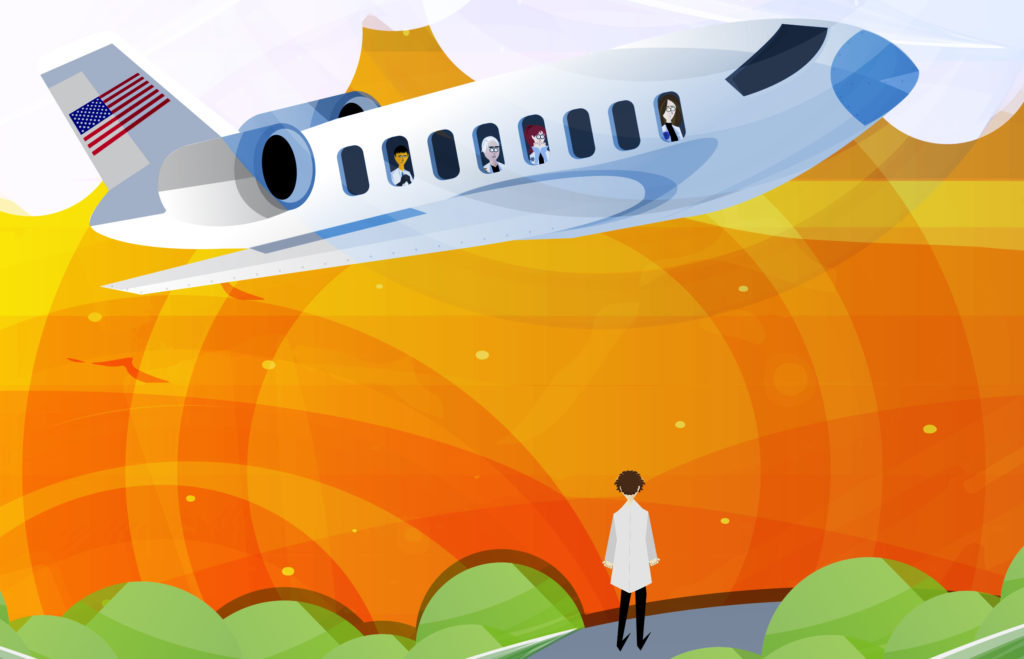The Science Communicator
Upping the Game for Future Researchers By Lindsay Lewis and Sarah F. Hill “When you allow yourself to fully relate with another person, you’re listening and engaged, riding the waves of uncertainty inherent in any conversation,” said Alan Alda in an interview with Scripps Research in 2020. “When you embrace that uncertainty, rather than try ...



